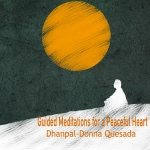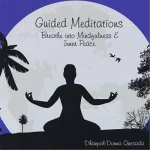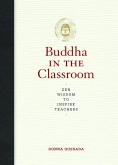 I decided to repost this short article about Self-Love. I added the third notation, as well as the meditation, that follows. It is a meditation that I just did recently, at a training retreat and I loved doing it—I hope you try it and that you love it, too! The way I see it, the explanation is for our understanding (for our head) and the meditation is for the realization of Self-Love (for our heart).
I decided to repost this short article about Self-Love. I added the third notation, as well as the meditation, that follows. It is a meditation that I just did recently, at a training retreat and I loved doing it—I hope you try it and that you love it, too! The way I see it, the explanation is for our understanding (for our head) and the meditation is for the realization of Self-Love (for our heart).
For the Head…
We are so often told, in spiritual teachings, as well as in self-help manuals, that in order to love others, we have to love ourselves first.
Is this true?
It is!
Why?
Firstly, because if we are angry and hateful on the inside, we have only those emotions to project.
Secondly, because if we’re angry and hateful on the inside, the object of those emotions is de facto set upon ourselves and this sets in motion, a mechanism of victimization. By directing negative energy onto ourselves, we make ourselves the object of our own discontent. Then, our mind gets to work to find a source of blame in opposition to that object. The result of this process is that we then assume ourselves to be victims and when there is a victim, the rational mind, in its inherent dualistic structure, will then seek a culprit.
Unable to find one, everyone becomes an offender and those negative emotions are then displaced outward unto the whole world—we become angry at the world.
Thirdly, when we do not find within ourselves, a cozy sanctuary to come home to, we tend to relate to others from a place of neediness—a need for approval, validation and affirmation of self-worth. But, when we begin to nurture a connection to our own divinity, we begin to heal within. This kind of love has nothing to with egoism—it is where compassion begins. We forgive our faults and accept ourselves as whole and complete, as we are, before we can do the same for others. In this wholeness, we feel centered, empowered and no longer need to place blame on others or look to external sources for fulfillment. And when we take our power back, in this way, we begin to truly heal.
For the Heart…
Meditation: Affirmation For Self-Love
Posture: Sit straight in a cross-legged position.
Mudra/Movement: Place your right hand on your heart and say, “My heart, I love you.” Place your right hand on the eyes and say, “My eyes, I love you.” Move to the top of your head and say, “My head, I love you.” At the navel point say, “I love you.” And placing your hands on both your knees say, “I love you.”
*Find your rhythm and continue on, for at least three minutes.








